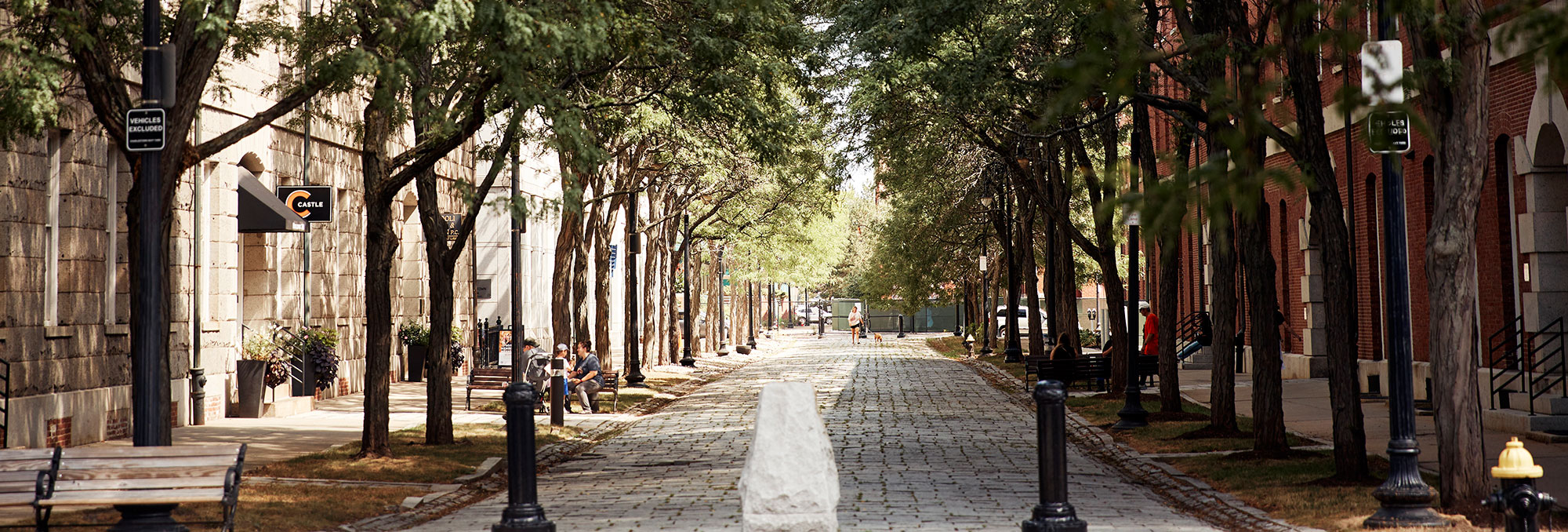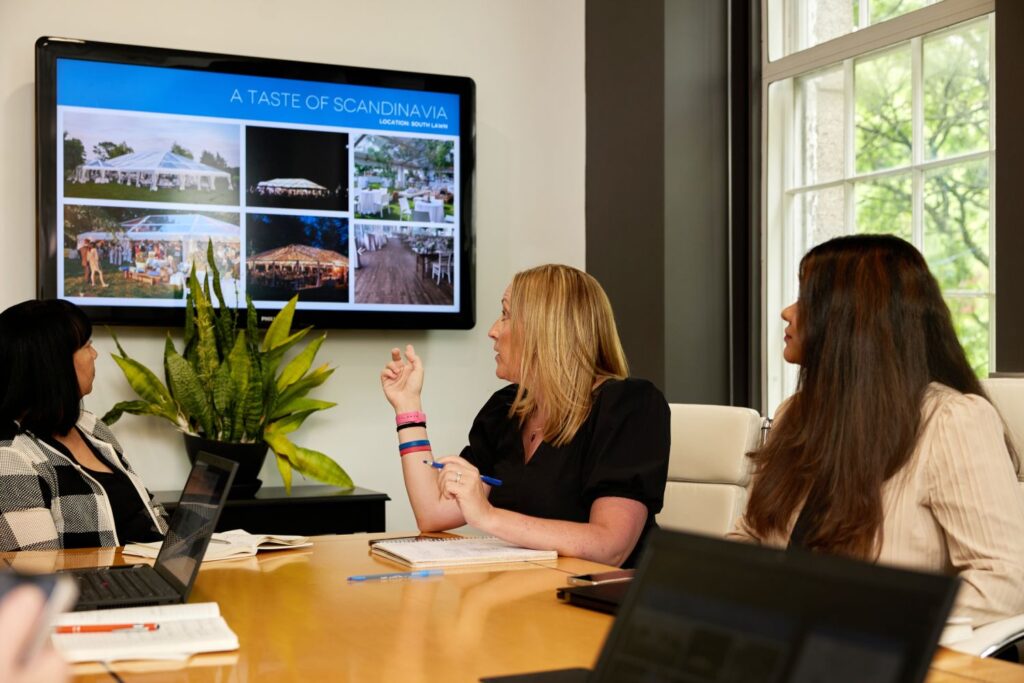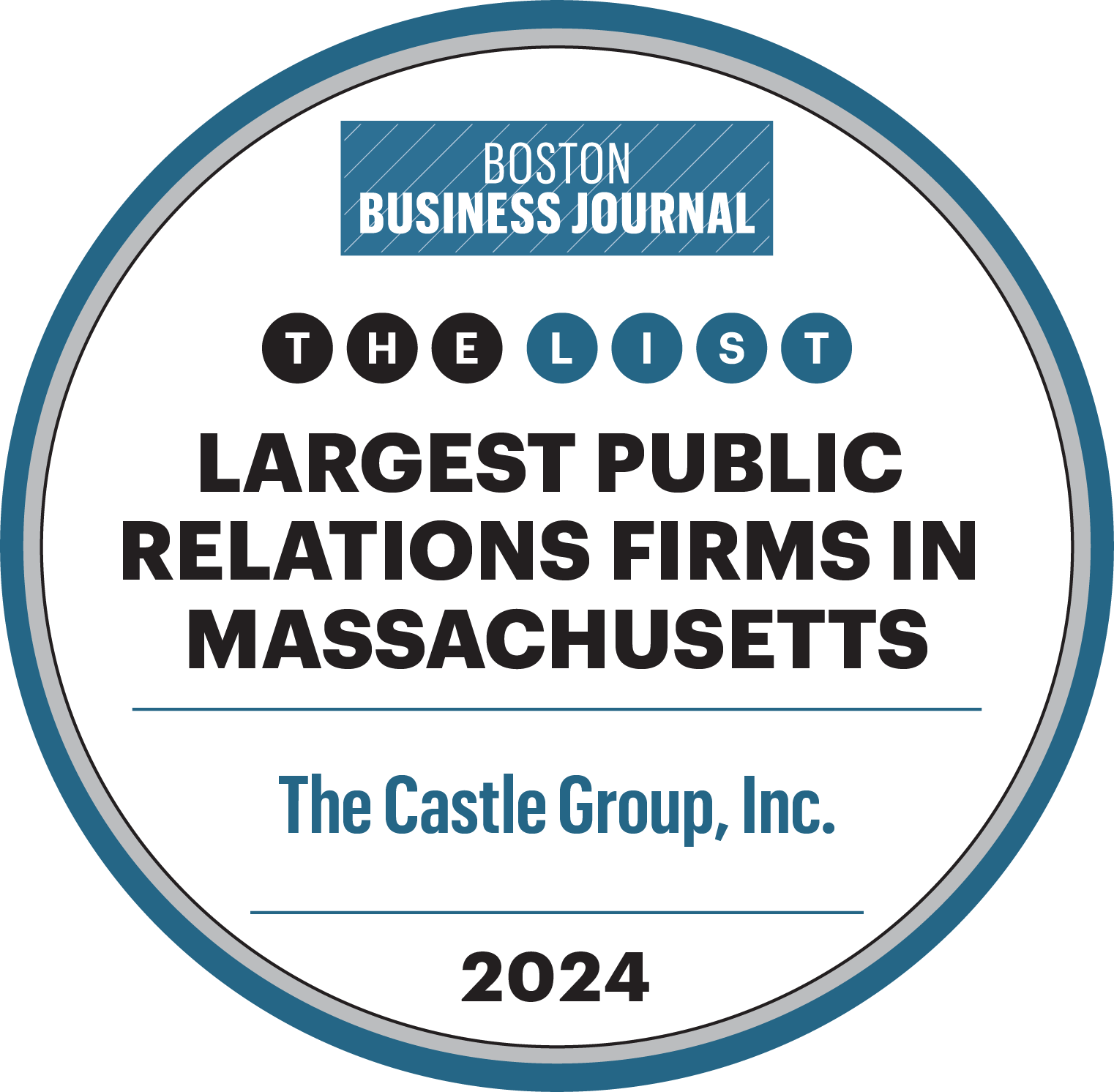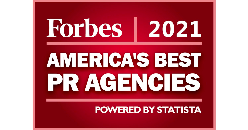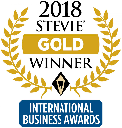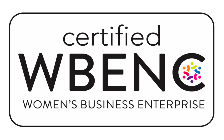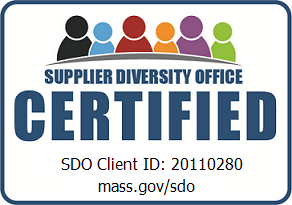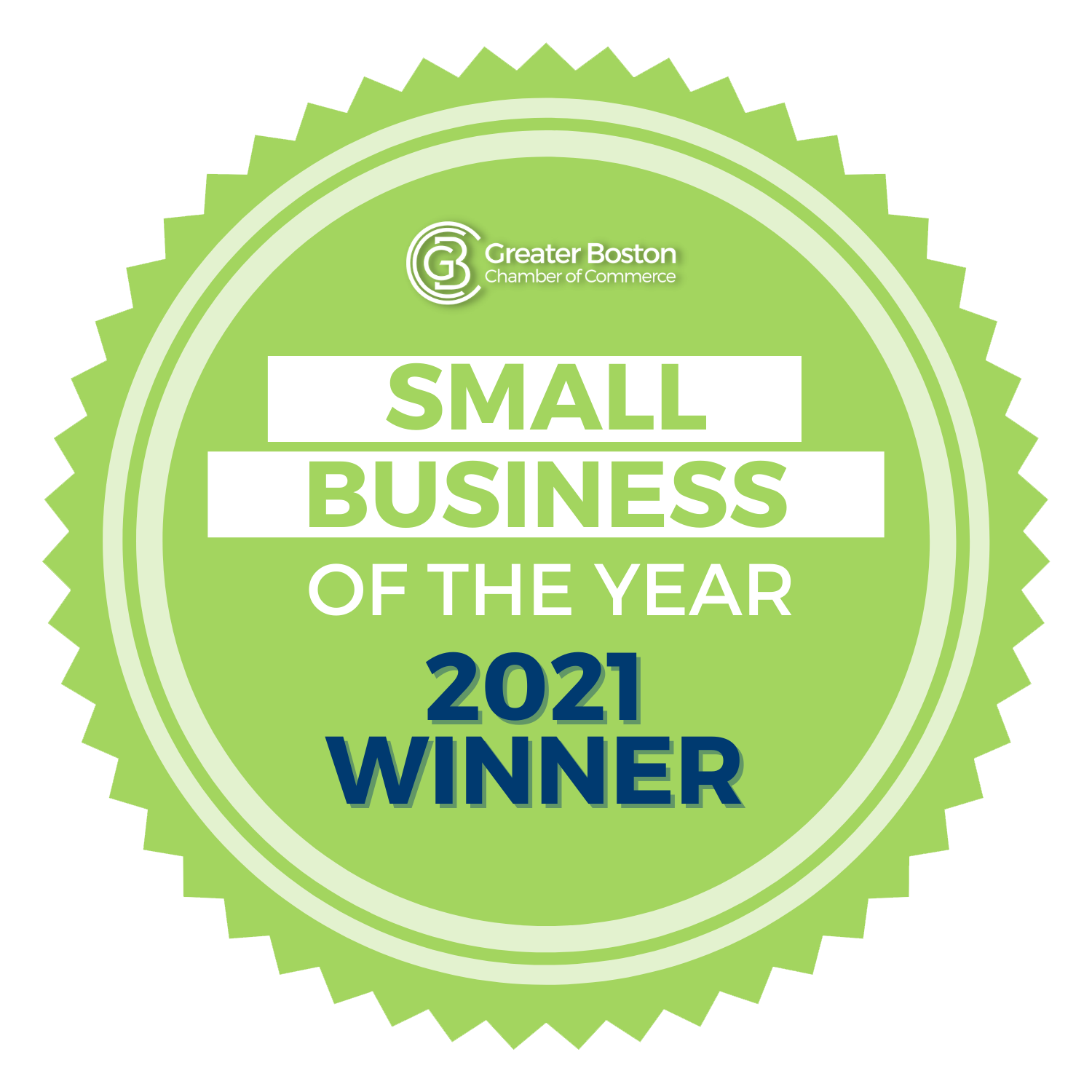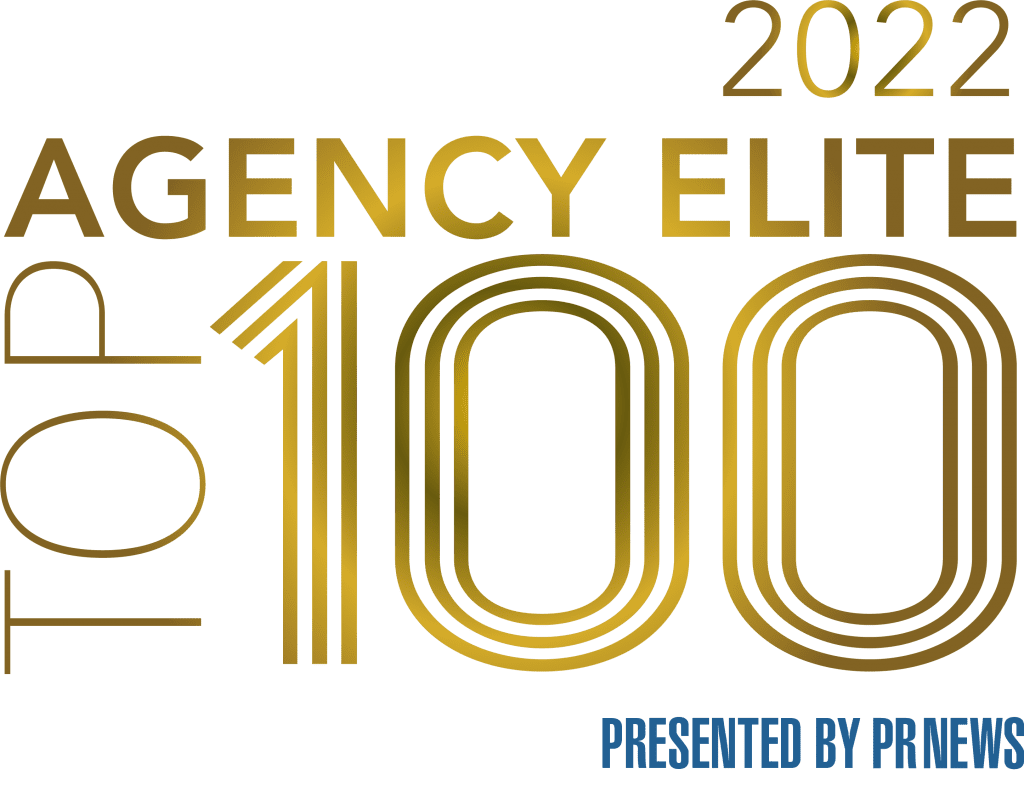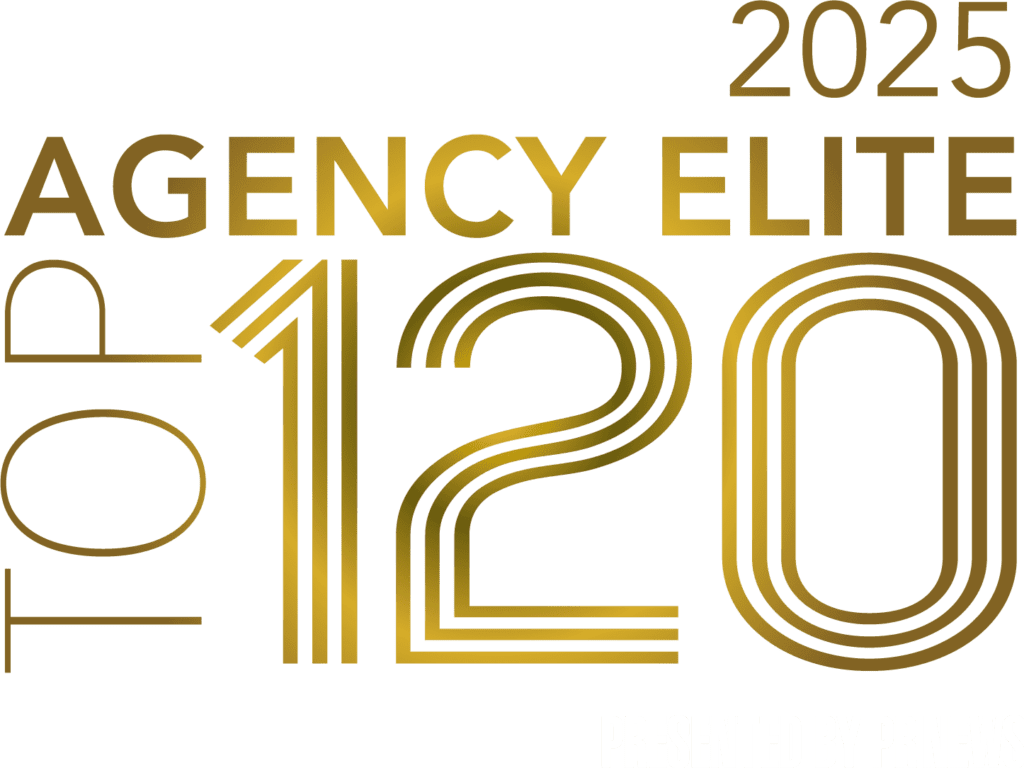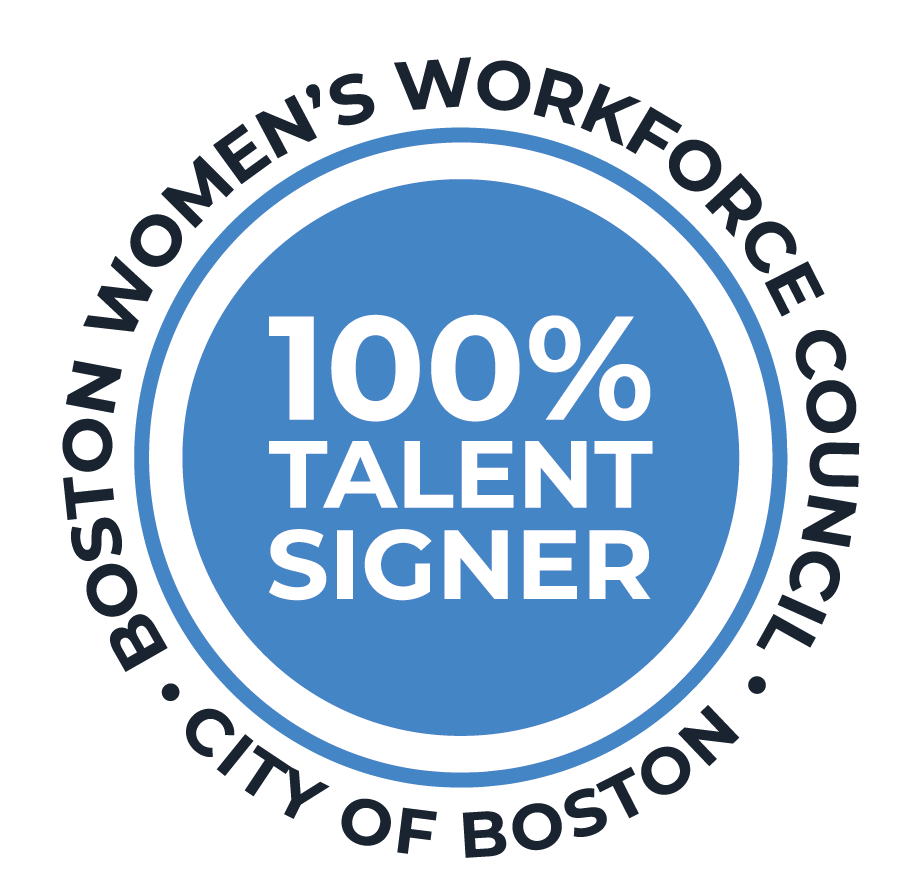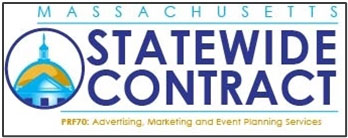Black women shouldn’t be afraid to take up space and unapologetically operate in our zone of genius.
I have been working in the public relations industry for some time now. I’ve learned a lot and am entering the professional world soon. This experience has been a liberating change in my career trajectory. It was the first time I was thrust into the life of Corporate America, which revealed many truths for me, some good and some bad. It also taught me monumental lessons about how my identity will forever play a part in the workforce.
The public relations industry is an extremely white dominated field: 91%, according to a 2020 report in the Bureau of Labor Statistics. Although women make up most of the public relations industry, they do not make up most of the executive positions. There is also a disproportionate pay gap that reflects the systemic misogyny and racism that parallels that of the nation.
The public relations industry is a powerful influence on individuals. If thoughts, ideas, and other creative strategies are only coming from white people, there is a disconnect and distortion of what is being shown to people of color, who make up most of the world. It’s not authentic if white thought is the only thing prioritized and spread. The disproportionate racial and gender representation in the industry has caused an imbalance in influence.
My reality as a Black woman never afforded me disillusionment in and outside of Corporate America, because I reside in the intersectionality of misogynoir (term coined by feminist scholar Moya Bailey). When looking at the field’s percentages, it’s shocking, but not surprising to see an industry that does not embrace people who look like me, but instead does their best to exclude. Through my time working in the industry, it has taught me to embrace my truth in the face of adversity.
I had the pleasure of getting insights from Kayla Lawrence, Senior Account Executive at WhitPR, a strategic communications agency based in New Jersey, about being a Black woman professional in the public relations industry. The underrated skill set of Black women in the industry is something Kayla Lawrence knows all too well. She stated, “The marketing and communications industry has historically possessed racial and gender biases that oftentimes underestimate the talent that’s possessed by women of color, and more specifically Black women.”
Corporate America has protected a bubble of privilege and power that has been hard for Black women to puncture. And that bubble has created a domino effect of living under imposter syndrome, and not feeling adequate. Kayla also notes, “There have been many times I’ve minimized myself, not because I didn’t possess the skills, confidence or the experience to maneuver in the rooms that I was in, but because, oftentimes, those unspoken implications that are believed to be true about Black women professionals who assert themselves can get in the back of my head and dim my light to ensure I keep everyone comfortable.”
I am aware that as a Black woman, I live in a paradox between hypervisibility and invisibility. For the time I’ve spent in the public relations Industry, I have learned to get comfortable with being uncomfortable, so I don’t dim my light as so many seasoned Black women professionals have.
As I inch closer to being in the professional world fully, I don’t want the current stats of the industry to deter me, but to take that as fuel to push harder and break more glass ceilings for younger generations. As Kayla Lawrence eloquently says, “take up space, unapologetically.”
As long as this system is upheld, Black women will always live in the space of the “other.” History heavily influences the present, and the public relations industry, right now, has the unparalleled capacity to begin to remedy the systematic exclusivity of the field. The current status quo of the industry might deter young people like myself from wanting to pursue a career in public relations if they are underrepresented.
I’m optimistic about how the industry is trying to push its boundaries, but what they’ve done so far is not enough. Hiring practices such as adjusting the referral system, equity statements, and retention efforts are the first steps in driving change, but the industry is aware of what needs to be done to create a more diverse workforce. It’s time for it to be put into action, and not in a performative way. Explicit methods need to be taken that drive real change. As someone who is about to graduate from college and found a passion for public relations, I would like to see revolutionary acts being implemented so the industry can eradicate its archaic traditions.


